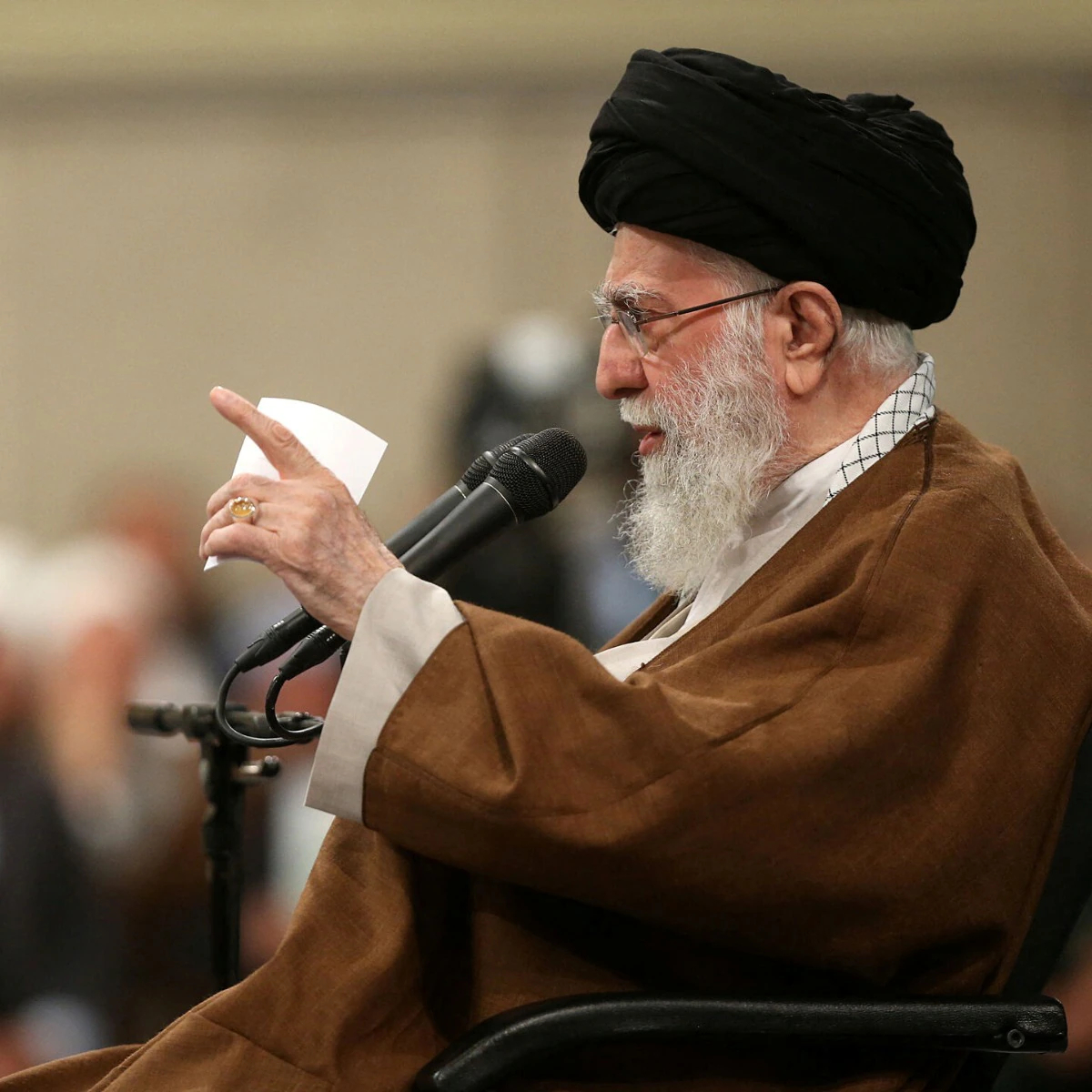
On Sunday, Iran’s Supreme Leader Ayatollah Ali Khamenei vowed that Iran would respond to recent Israeli airstrikes on its military facilities, cautioning Israel against underestimating the country’s military strength and resilience. During a meeting with the families of military personnel killed in the strikes, Khamenei emphasized Iran’s resolve, urging Israel to “understand Iran’s power,” as reported by Iranian news agency Tasnim.
Khamenei described the attack as significant but urged caution against both exaggerating and downplaying its impact, highlighting the need to confuse Israel’s strategic calculations. Iranian Shura Council Speaker Mohammad Qalibaf echoed Khamenei’s statements, stressing that Iran’s response to Israel’s recent strikes is inevitable. Qalibaf framed the retaliatory move as a defensive right under Article 51 of the United Nations Charter, which grants nations the right to self-defense.
“The comparison between our recent Operation ‘True Promise 2’ and Israel’s actions underscores Iran’s deterrent strength,” Qalibaf said, referring to a recent Iranian military exercise. He further warned the United States to rein in Israel’s actions in Gaza and Lebanon to avoid spreading “instability and insecurity” across the Middle East.
The Israeli operation, dubbed “Days of Repentance,” involved three waves of precision airstrikes targeting Iranian military installations. According to Israeli army spokesperson Daniel Hagari, the strikes were a response to months of alleged Iranian aggression and aimed to “thwart direct threats to Israel.”
The airstrikes were launched from Iraqi airspace, reportedly under US military control, utilizing long-range missiles launched approximately 100 kilometers from the Iranian border. The operation reportedly involved over 100 Israeli aircraft, including F-35 fighter jets, which focused their attacks on military facilities near Al-Kharj and Tehran. Israel intentionally avoided nuclear and oil facilities to prevent broader escalation, according to Israeli news outlet Walla.
Iranian officials confirmed that the strikes resulted in the deaths of four military personnel, including two officers, a major, and a first sergeant. According to the Iranian Armed Forces General Staff, the strikes damaged radar systems in Ilam and Khuzestan provinces as well as near Tehran, impacting key border defense radars.
In an official statement, Iranian military officials emphasized the strategic weight of Israel’s actions, while also underscoring Iran’s intention to respond “at the appropriate time,” with consideration to “sustaining a ceasefire in Gaza and Lebanon to prevent massacres against civilians.”
In response to the escalation, Iranian Foreign Minister Abbas Araghchi has called for an emergency meeting of the UN Security Council, urging the international body to address the Israeli attack and its destabilizing implications. In his letter to UN Secretary-General António Guterres, Araghchi stressed Iran’s “legal and legitimate right” to retaliate and warned against further regional destabilization.
As both countries brace for potential escalation, regional and global powers are closely monitoring the situation, with Iran asserting its rights under international law and calling for broader intervention to prevent further violence.








